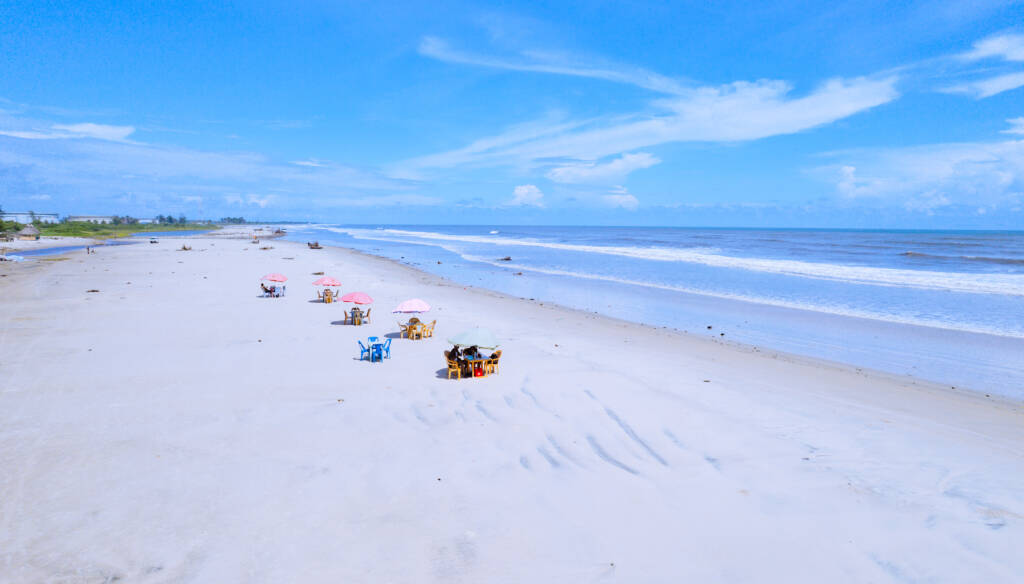
About Akwa Ibom
Akwa Ibom State, the “Land of Promise” is Nigeria’s 21st State. It was created on 23rd September, 1987 by the Military Administration of General Ibrahim Babangida after years of prolonged struggle by the people who occupied the mainland part of the former Cross River State.
The Ibibio Union, formed in 1928, had transformed from a mere cultural association to a goal driven institution by 1948, thus championing and promoting the cause of state creation in Nigeria.
Akwa Ibom State covers a total land mass of 7, 081sq.km. It lies within latitude 05⁰00 North and 07⁰50 East with a population more than 7.9m people.
Akwa Ibom State is a microcosm of Nigeria in terms of ethnicity. tThere are 3 major ethnic groups in the State, namely; Ibibio, Annang and Oro, each with a colourful variety of customs, norms and traditions, making the state a kaleidoscope destination of choice for tourists.
The state, reputed to be one of the safest if not the safest in Nigeria, is also noted for its manifold culture, hospitality and leisure bouquet offerings. This modest boast is reputably manifested in the gorgeous array of rich artefacts and a variety of cultural appropriations and traits experienced and expressed in language, ethnic groupings, marvellous cuisines, family systems, fashion, architecture, festivals, traditional enterprise, healing and farming systems evolving into world-class Intangible Cultural Heritage (ICH) and avant-garde recreational facilities governed by a subsisting political tradition that has helped to stabilize the state in decades of peace.
Akwa Ibom State is unique in culture, infrastructure, beautiful sites, arts, crafts and famous in hospitality. These have culminated into the state's status as " the Preferred Destination".


Historical facts
Akwa Ibom State has a rich historical legacy, including the establishment of the first experimental Local Government in British West Africa and the founding of the first Qua Iboe Church. Notably, it produced the first Roman Catholic Cardinal in West Africa, Cardinal Dominic Ekandem, and the first commissioned Nigerian Soldier, Wellington Umoh Bassey.
The state is also known for its significant historical events, such as hosting the second highest slave depot in West Africa and the Aba Women Riot of 1929. Additionally, Akwa Ibom is the birthplace of influential figures like Dr. Egbert Udo Udoma, the first Governor General of Uganda, and Chief Nyong Essien, the first Chairman of the Eastern Nigeria House of Chiefs.


